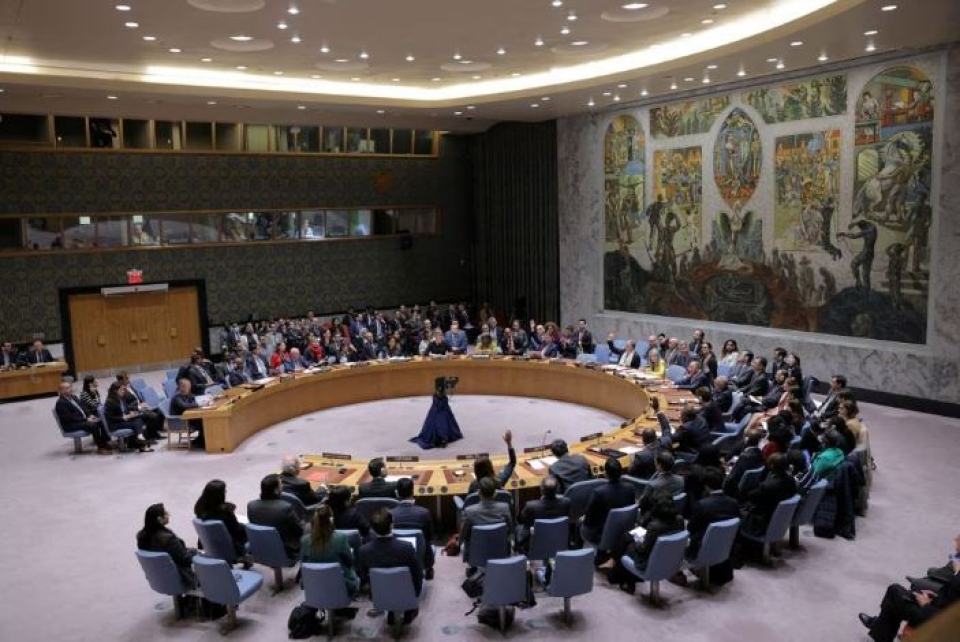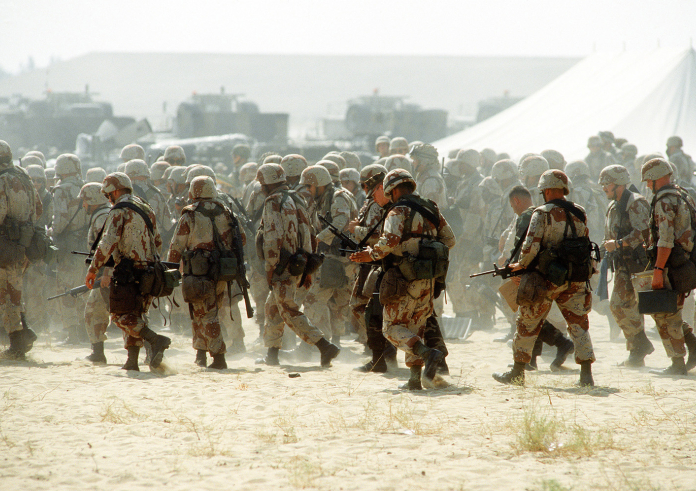The credibility of the United States in rallying support for international issues, such as Ukraine, may have been compromised, according to some diplomats. This follows Washington's recent decision to block United Nations action aimed at protecting Palestinian civilians in Gaza amid the conflict between Israel and Hamas.
The U.S. veto in the U.N. Security Council has reinforced longstanding criticisms of Western actions by countries like Russia, China, and some developing nations. This move could potentially hinder Washington's immediate ability to gain support for issues related to human rights and humanitarian law.
This is not the first time the United States has used its veto power for similar purposes. In 2017 and 2018, during the presidency of Donald Trump, the U.S. cast two vetoes to protect its ally Israel, complicating its efforts to reform the U.N. Human Rights Council. Ultimately, the U.S. abandoned this effort due to a lack of support.
U.S. Ambassador Linda Thomas-Greenfield defended this week's veto by stating that more time was required for diplomatic efforts on the ground. President Joe Biden and Secretary of State Antony Blinken were focused on facilitating aid access to Gaza and securing the release of hostages held by Hamas during their visits to the region.
Nate Evans, spokesperson for the U.S. mission to the United Nations in New York, reiterated the U.S. commitment to addressing the humanitarian needs in Gaza, as emphasized by President Biden and Secretary Blinken during their trips to the region.
However, following the successful isolation of Russia in the 193-member U.N. General Assembly over its 2022 invasion of Ukraine, Washington may need to put in more effort to build support for any future actions. Some experts believe that this veto could be seen as an equivalence to Russia's actions in Ukraine, and Moscow and Beijing are likely to emphasize this point whenever possible.
Richard Gowan, U.N. director at the International Crisis Group, noted, "Everyone knows Israel is a special case for the U.S., but the Americans ultimately rejected a text that was focused on humanitarian concerns and called for pauses in the conflict to allow aid access to Gaza and for all parties to comply with international law."

















